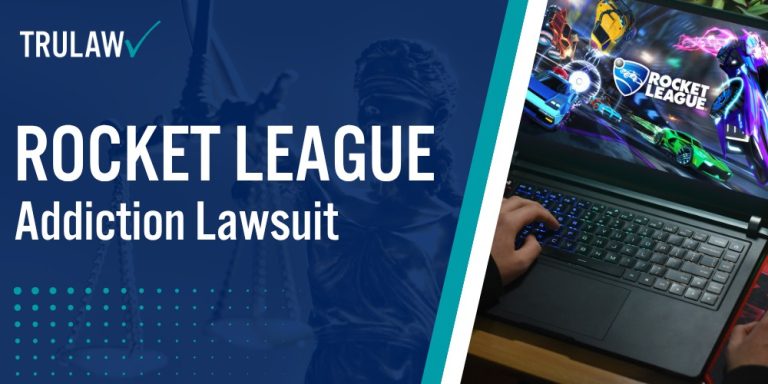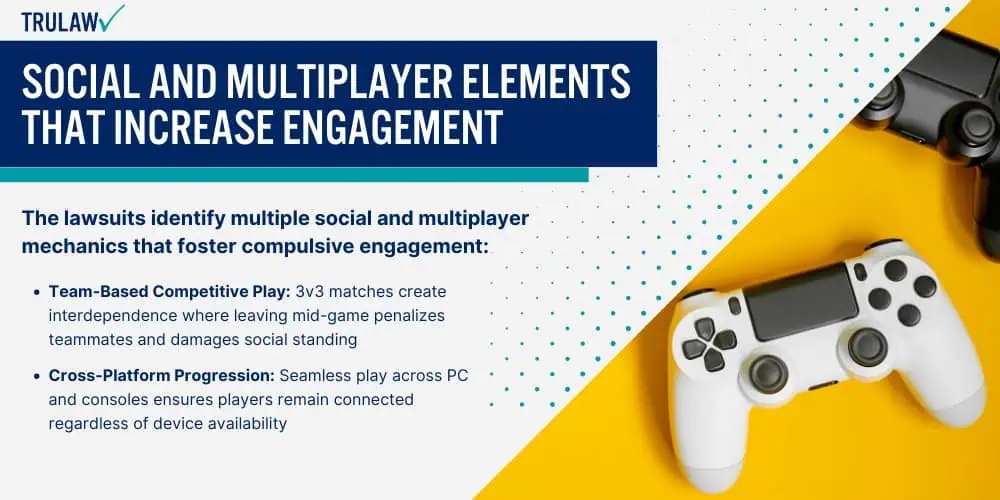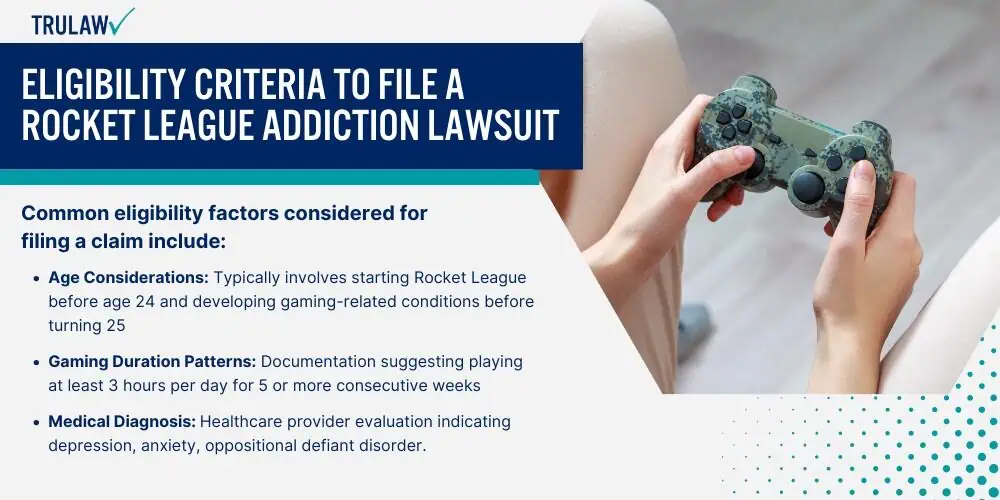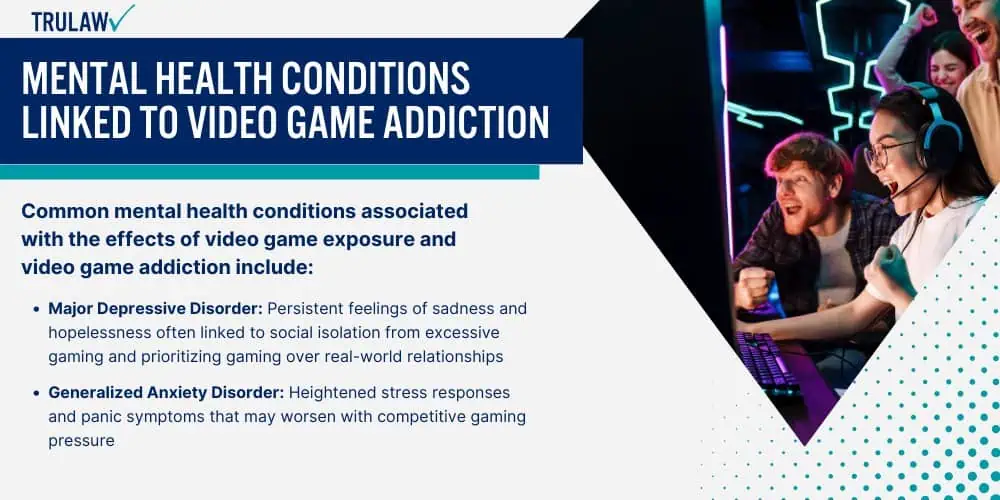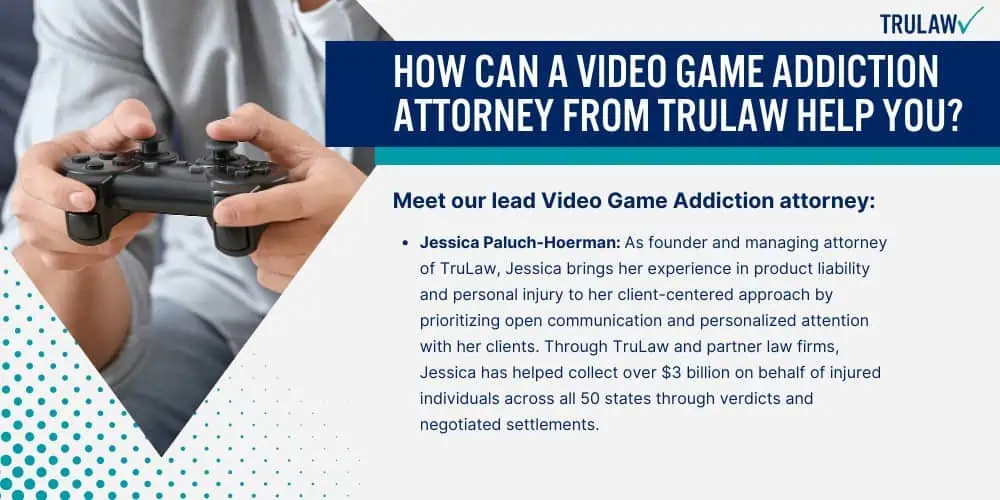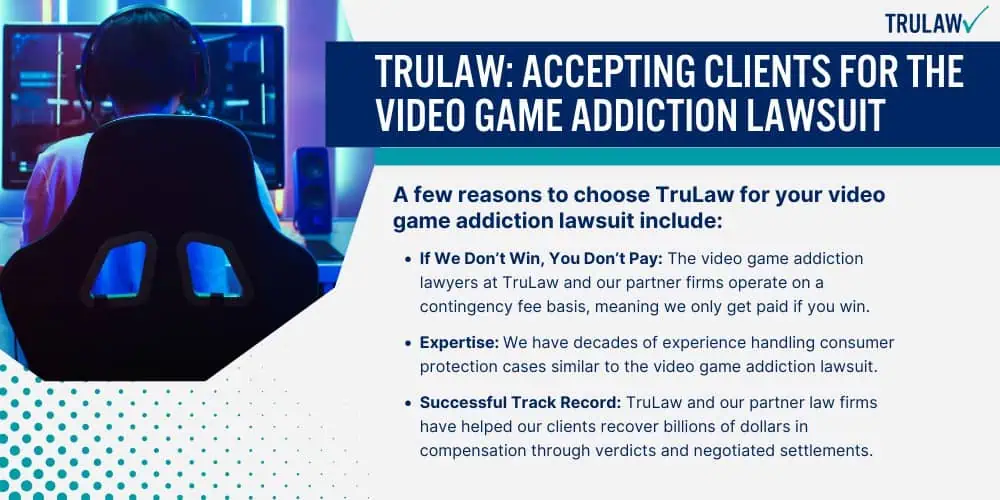Rocket League combines fast-paced gameplay with sophisticated psychological triggers designed to create compulsive engagement patterns, according to expert witnesses who have studied both Rocket League and violent video games in the litigation.
The game’s mechanics exploit vulnerabilities in adolescent brain development, particularly in areas controlling impulse control and reward processing.
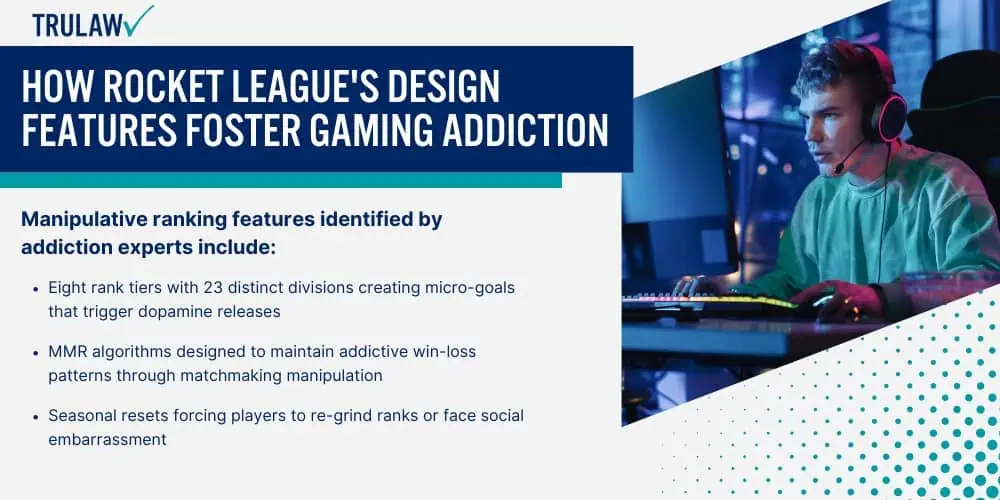
Internal documents suggest major gaming companies like Epic Games employ behavioral psychologists specifically to optimize these systems for maximum player retention and monetization.
Competitive Ranking Systems and Progression Mechanics
Rocket League’s ranked competitive system creates an endless treadmill where players constantly chase the next tier, exploiting the brain’s natural drive for achievement and status.
Seasonal rank resets every 3-4 months force players to maintain high engagement levels or lose their hard-earned progress, creating anxiety and compulsive play patterns.
Manipulative ranking features identified by addiction experts include:
- Eight rank tiers with 23 distinct divisions creating micro-goals that trigger dopamine releases
- MMR algorithms designed to maintain addictive win-loss patterns through matchmaking manipulation
- Seasonal resets forcing players to re-grind ranks or face social embarrassment
- Division up/down animations with sound effects that create emotional investment
- Placement matches that artificially lower initial rankings to ensure visible “progression”
- Grand Champion and Supersonic Legend ranks requiring obsessive time investment
Research from addiction specialists shows how variable ratio reinforcement in ranking systems creates the same neurological patterns as gambling addiction.
Epic Games employs behavioral psychologists to optimize these systems for maximum engagement, with internal metrics tracking player frustration levels to keep them in the “sweet spot” where they continue playing despite negative experiences.
Microtransactions and In-Game Purchases
Rocket League addiction lawsuits target Epic Games, Psyonix, and video game manufacturers for implementing predatory monetization systems that exploit psychological vulnerabilities in young players to drive compulsive spending behaviors similar to other competitive online games.
The lawsuits argue that Rocket League deliberately incorporated gambling-like mechanics and manipulative spending features designed to bypass the underdeveloped impulse control of minors while creating dopamine-driven reward loops that mirror substance addiction patterns found in traditional gambling disorders.
The litigation identifies specific monetization strategies that allegedly foster financial exploitation:
- Loot Boxes and Crates: Randomized virtual containers requiring real money to unlock unknown rewards with varying rarity levels
- Battle Pass Systems: Premium progression paths that pressure players to spend money or miss exclusive time-limited content
- Cosmetic Item Markets: Virtual car customizations and rare skins that create artificial scarcity and social pressure
- Limited-Time Offers: Flash sales and seasonal items triggering fear of missing out (FOMO) to drive impulsive purchases
- In-Game Currency Conversion: Obscuring real money costs through virtual credits that disconnect spending from actual financial impact
- Pay-to-Win Elements: Competitive advantages locked behind paywalls that force spending to remain competitive
- Variable Ratio Reward Schedules: Unpredictable reward patterns identical to slot machine mechanics that reinforce compulsive purchasing
Legal experts compare these video game addiction cases to successful litigation against tobacco and opioid manufacturers as evidence shows the video game industry collaborated with behavioral psychologists to maximize addictive potential while targeting vulnerable youth populations.
If you or a loved one experienced financial harm, gaming addiction, or mental health issues from Rocket League’s predatory monetization systems, you may be eligible to seek compensation.
Contact TruLaw using the chat on this page to receive an instant case evaluation and determine whether you qualify to join others in filing a Rocket League Addiction Lawsuit today.
Social and Multiplayer Elements That Increase Engagement
Rocket League’s team-based structure creates social obligations that prevent players from disconnecting, as leaving matches results in temporary bans ranging from 5 minutes to 24 hours and letting down teammates.
The game’s club system and tournament schedules create rigid gaming commitments that interfere with real-world responsibilities, while voice chat enables toxic behavior that damages self-esteem and drives compulsive play to “prove” oneself, leading to compulsive gaming behaviors.
